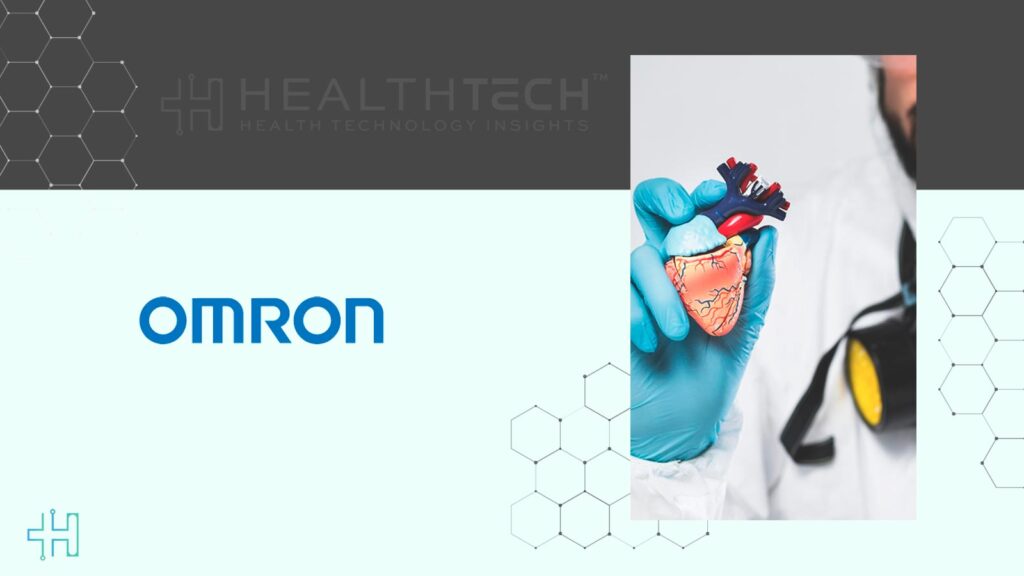OMRON Healthcare Co., Ltd., a top company in heart health technology, recently finished a three-month study showing how smart health devices can help find early signs of heart failure. The study was done with help from Kyoto Prefectural University of Medicine and supported by Japan’s Ministry of Economy, Trade and Industry. The research focused on how sharing real-time data from home health monitoring can help doctors respond more quickly and improve the overall quality of patient care.
Health Technology Insights: Hopscotch Primary Care Is Delivering A New Level Of Access To Care For The Seniors It Serves
Patients used OMRON’s smart devices at home to track daily health information like blood pressure, weight, and ECG results. These readings were automatically uploaded to the OMRON connect app and shared with certified nurses and heart failure specialists. When any warning signs appeared in the data, patients were contacted and referred for medical evaluation. Out of the 21 people in the study, 7 showed early signs of heart failure, meaning that over 30 percent received timely care that could help prevent serious complications and reduce healthcare costs.
Most participants stayed consistent with their daily readings throughout the full three months. More than 90 percent completed the program, and 86 percent said they were satisfied with how their home-monitoring data contributed to their personal care plans. This approach is a major step forward compared to the current practice in Japan, where patients often rely on handwritten journals to record symptoms. These notes may not be reviewed until scheduled doctor visits, which typically happen every two or three months, potentially delaying treatment.
Health Technology Insights: JotPsych Secures $5 Million Seed Round from Base10 Partners
Professor Kiyoshi Matoba from Kyoto Prefectural University of Medicine said, “By using home data with quick help from medical staff, this study showed a model that helps patients and lowers risks of heart failure problems. As we grow this model in Japan, we’ll keep improving it and check how well it works in different health and care settings.”
Participants in the study used two key OMRON devices. One was the OMRON Complete (HCR-7800T), which is Japan’s first upper-arm blood pressure monitor with built-in ECG features for home use. The second was the Karada Scan (HN-300T2), a body composition monitor. Both tools sync with the OMRON app, making it easy to track and share vital signs with healthcare providers. The built-in ECG also detects signs of atrial fibrillation, a condition that can lead to stroke or other complications and is often hard to detect. Since people with high blood pressure are at a higher risk, OMRON’s technology offers a reliable way to catch early warning signs. This effort supports OMRON’s larger mission, known as Going for ZERO, which aims to eliminate heart-related emergencies by encouraging daily monitoring. The company plans to continue developing easy-to-use tools and working closely with healthcare experts to improve lives through better heart health management.
Health Technology Insights: IQM LAUNCHES INDUSTRY-FIRST NURSE TARGETING PRODUCT FOR HEALTHCARE CLIENTS
To participate in our interviews, please write to our HealthTech Media Room at sudipto@intentamplify.com







